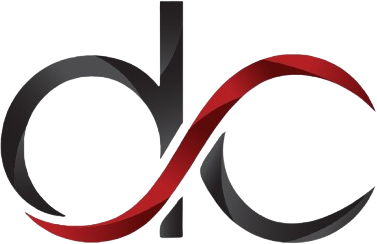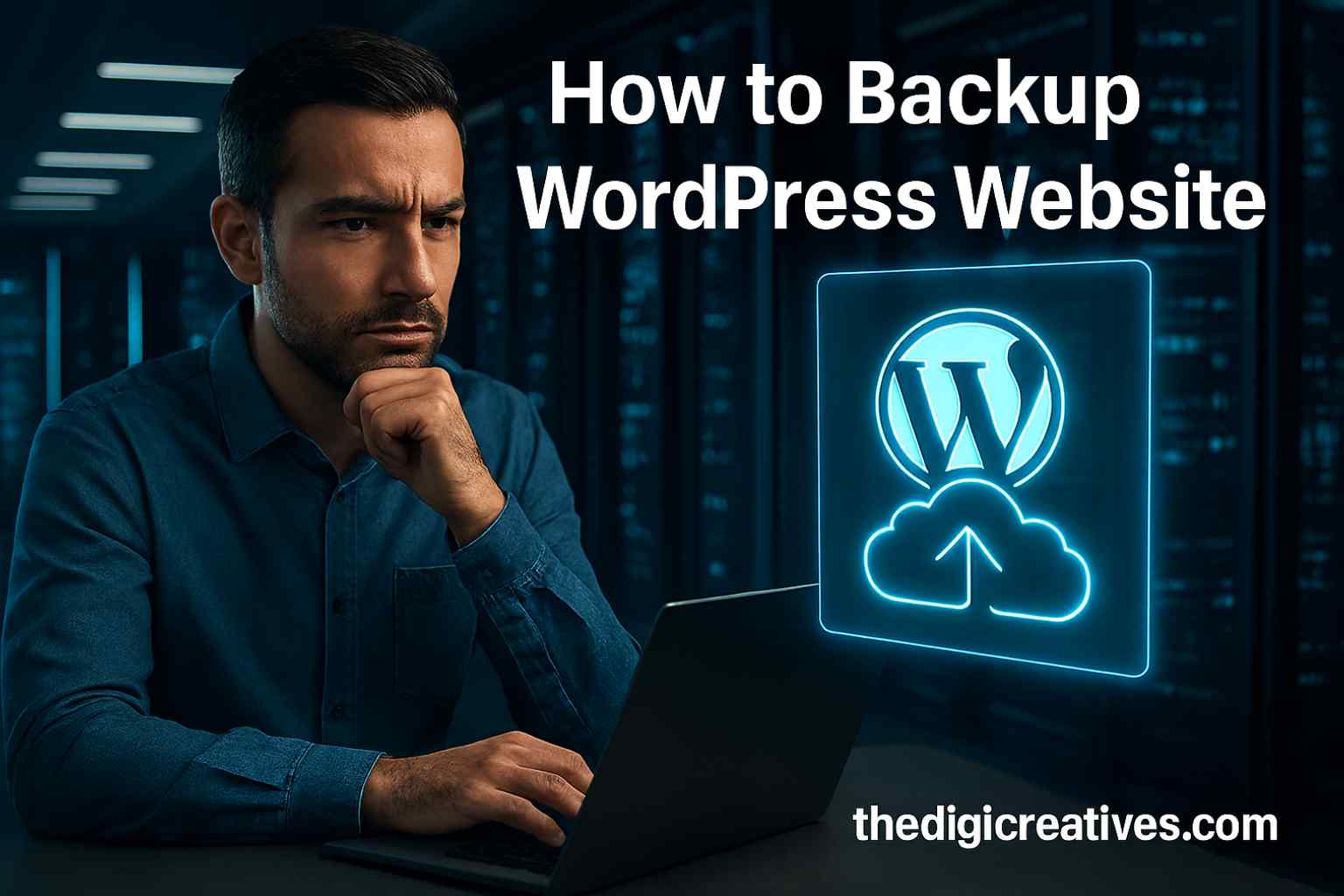Table of Contents
ToggleIntroduction
Running high-converting ad campaigns takes more than just creativity and budget—it demands precision, control, and real-time optimization. That’s where Google Ads management software comes in. These platforms offer advertisers a smart, scalable way to plan, execute, track, and enhance their paid search campaigns across Google’s ecosystem. Whether you’re managing one client or dozens, having the right tool can completely redefine your results.
In a digital world where attention spans are short and competition is fierce, Google Ads management software doesn’t just save time—it significantly boosts your ROI. From keyword research to bidding strategies, these solutions automate repetitive tasks, minimize human error, and provide insights that would otherwise take hours to uncover. It’s not just about convenience; it’s about performance.

Why Google Ads Management Software is Essential for Marketers
Managing Google Ads manually might work for small businesses, but as campaigns scale, so does the complexity. That’s why software solutions tailored to managing Google Ads have become essential tools in every digital marketer’s arsenal. These platforms don’t just assist—they automate, recommend, and optimize your campaigns on autopilot.
Beyond automation, they offer advanced analytics that helps marketers make informed decisions faster. The ability to track conversions, A/B test ad copies, and fine-tune audience targeting all within a single dashboard makes campaign handling seamless. That level of control can mean the difference between mediocre results and breakout success.
Key Features of Leading Google Ads Management Software
Most of the top-rated tools provide a consistent suite of powerful features designed to maximize results. While the user interfaces may vary, their foundational capabilities often include similar benefits. Two of the most sought-after functionalities are real-time performance tracking and automated bidding strategies.
Campaign managers can also benefit from integrated keyword research, budget pacing controls, and ad scheduling tools. These features collectively allow for full-spectrum oversight and enable marketers to tweak performance elements before they become issues.
Top Benefits of Using Specialized Software for Ad Campaigns
The biggest advantage lies in time efficiency. With built-in alerts, AI-powered suggestions, and seamless integrations, marketers can make quicker adjustments, leading to more impactful outcomes. Real-time data visualization helps teams stay agile and adaptable.
Another powerful benefit is multi-account management. Agencies and freelancers dealing with multiple clients can handle all campaigns in one place without constant logins and tab switching. That translates to greater workflow consistency and improved results for each campaign.

Comparison of Top Google Ads Management Software
| Software | Key Features | Ideal For | Pricing Model |
|---|---|---|---|
| WordStream | Smart recommendations, 20-minute work week | Small businesses | Freemium + Paid Plans |
| Optmyzr | Rule-based automation, reporting toolkit | Agencies & Freelancers | Monthly Subscription |
| Adzooma | Campaign health scores, one-click fixes | SMBs & marketers | Free + Premium |
| Semrush PPC Toolkit | Keyword research, competitor analysis | Enterprise users | Subscription-based |
| Skai (formerly Kenshoo) | AI bidding, omnichannel tracking | Large-scale operations | Custom Quote |
Challenges Solved by Google Ads Management Software
Scaling ad campaigns comes with a long list of challenges: wasted spend, missed targeting, and inefficient bidding being the top three. These tools are designed to address such inefficiencies by providing clear campaign diagnostics and actionable insights.
Even ad fatigue and creative performance can be monitored using these tools. With proper tracking in place, advertisers can switch out low-performing ads and test new creatives without interrupting campaign performance. That’s essential for long-term success.

When to Consider Investing in Google Ads Management Software
If your team is spending too much time manually adjusting campaigns or if reporting is becoming a burden, it’s time to consider using a management platform. When ad spend increases but performance plateaus, these tools often reveal hidden optimization opportunities.
Additionally, when multiple stakeholders are involved—like media buyers, analysts, and creatives—having one centralized hub enhances communication and coordination. That unity results in campaigns that are not only well-executed but also consistent in voice and objective.
Also Read: Google Ads Agency Dubai Services for Business 2025
Conclusion
Choosing the right Google Ads management software could be the most strategic move you make for your digital advertising efforts. These platforms are more than utilities—they’re performance multipliers. With smart features, time-saving workflows, and precise data, they empower teams to scale with confidence and control.
Whether you’re a small business owner or part of a global agency, embracing the right management software will save time, reduce costs, and elevate your campaigns to new heights. In today’s data-driven marketing world, those who leverage the power of automation and insights will always stay ahead of the curve.
FAQ About Google Ads Management Software
Q1: How can I manage my Google Ads?
Ans: You can manage Google Ads through the Google Ads dashboard by setting budgets, targeting keywords, creating ad groups, and tracking performance.
Q2: How much does Google ad management cost?
Ans: Management costs vary from $100 to $1,000+ per month, depending on the agency or freelancer and your ad budget size.
Q3: Is $500 dollars enough for Google Ads?
Ans: Yes, $500 can be a good starting budget for small campaigns, but results depend on your industry, competition, and ad strategy.
Q4: Can I manage Google Ads myself?
Ans: Yes, you can manage Google Ads on your own using tools like Keyword Planner, Performance Max, and Google Ads Editor.
Q5: What’s the difference between Google Ads and Google Ad Manager?
Ans: Google Ads is for buying ad space; Google Ad Manager is for publishers to manage and sell ad inventory across networks.
Q6: What are the system requirements for Google Ads Editor?
Ans: Google Ads Editor requires Windows 7 or later / macOS 10.14+, with at least 2GB RAM and a stable internet connection.
Q7: How much does it cost to have someone manage your Google Ads?
Ans: Typically, professional management costs range from 10–20% of your monthly ad spend or a flat fee starting at $300.





